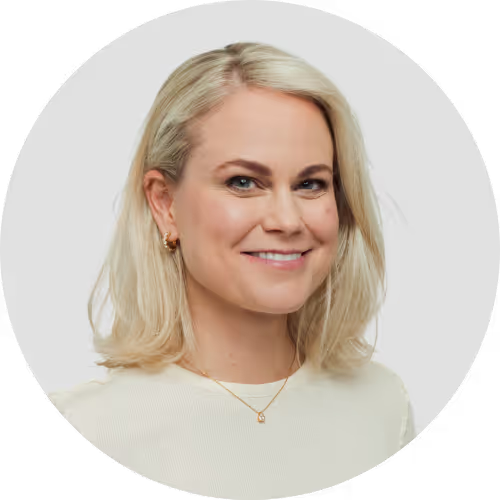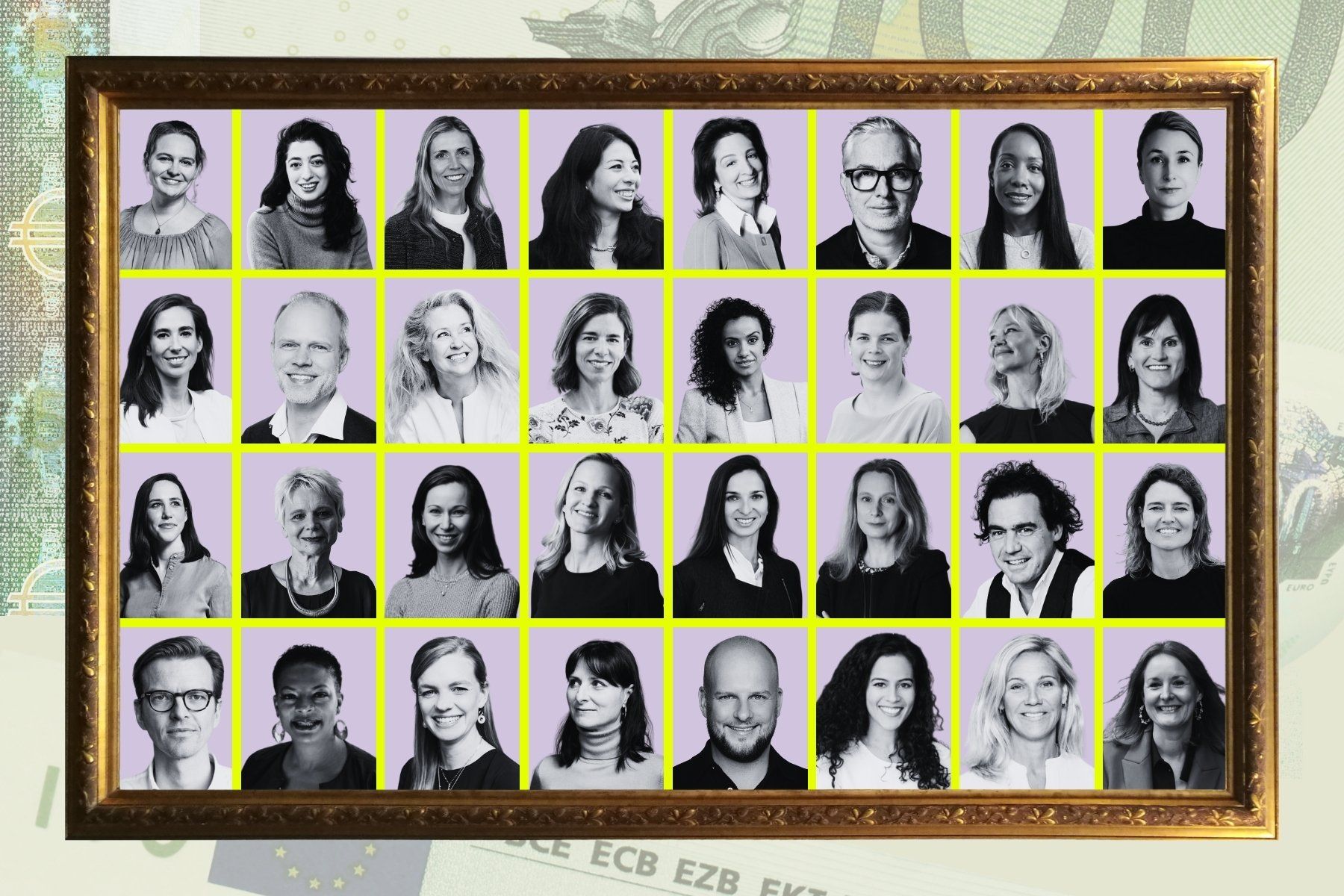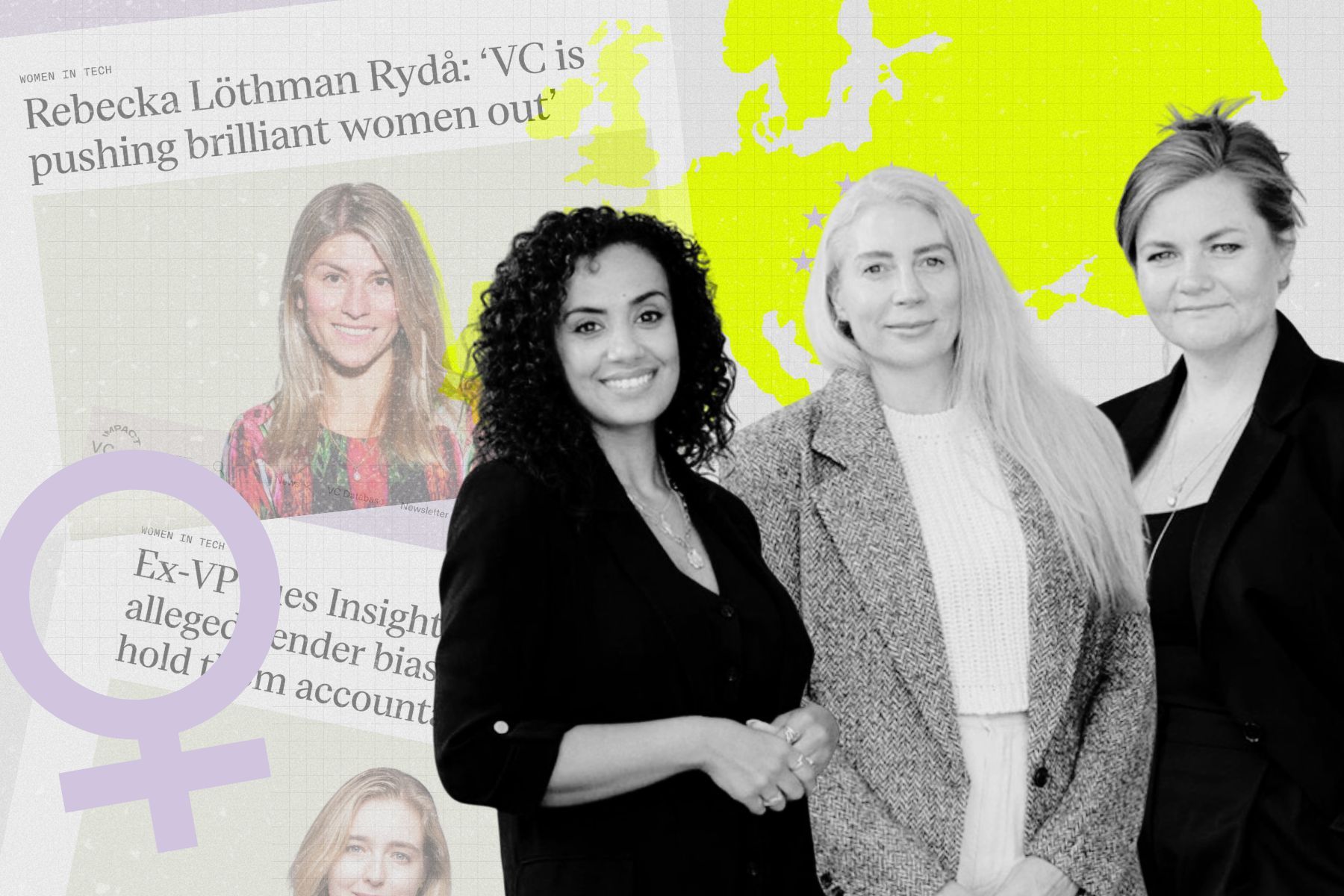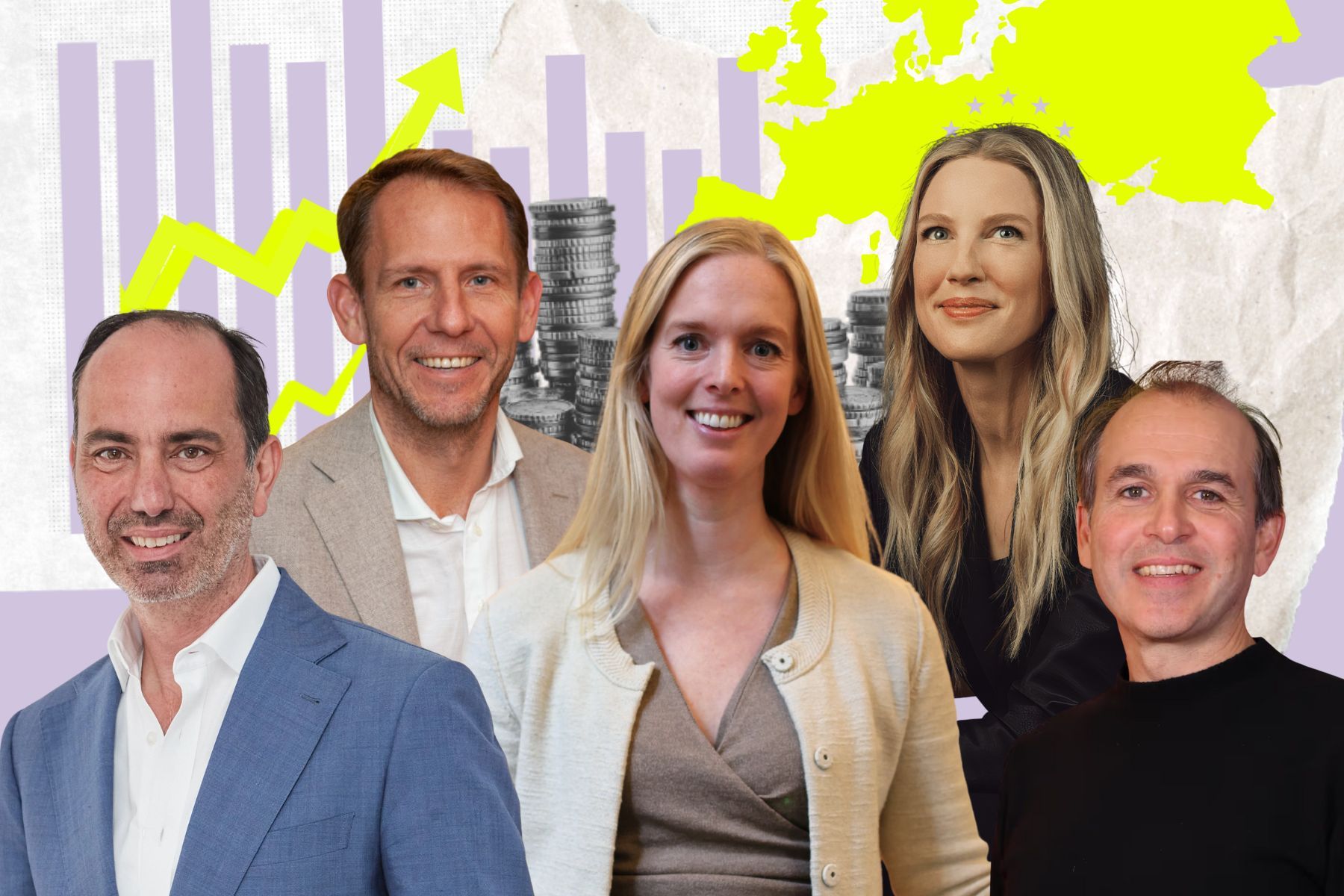How Sweden's most famous impact investor Harald Mix built his empire
Venture capitalist Harald Mix is one of Sweden’s leading impact investors. His portfolio includes green steel startup Stegra, recyclable textile company Syre, as well as Northvolt and energy storage firm Polarium. Here, he shares his top growth strategies with Impact Loop.<br><br> In our exclusive interview he talks about:<br><br> → His investment firm Vargas’ business model<br> → How his team brainstorms fresh startup ideas<br> → His own role in business: "Being a CEO is not my strength"<br> → How to pitch to him


Harald Mix oozes energy as he walks into the conference room where we’re meeting.
"Hello! Would you like a coffee? Tell me about Impact Loop!" (He already subscribes to our Swedish-language site).
Despite his enthusiasm, our conversation turns quickly to funding challenges in the impact sector. This is just before Northvolt – which he has a major stake in through Vargas, the investment firm he co-owns – grabs global headlines for mass layoffs. Now, Mix is mulling over the news that textile recycling startup Renewcell has gone bankrupt. The listed company, which had H&M as its largest external shareholder, failed to secure the funding it needed to expand.
"I think Renewcell's challenge was that they had difficulty filling the order book with regular customers. They said they would produce 60,000 tonnes [of fabric] and then scale up to 120,000 tonnes. But you can't just produce and put things in storage," says Harald Mix.
One challenge, he argues, is that the production chain is too complex. Renewcell sells to one manufacturer, which in turn sells to another, and somewhere down the line a pair of jeans is made.
"It's a very fragmented industry. I think it's clear that H&M had big ambitions when they went in and invested, but I don't think it was enough."
A new way to build companies
Harald Mix himself has big ambitions in the sustainable textile sector. He’s the chair of Vargas, a company which invests in and owns impact businesses including Syre, a company that aims to recycle polyester on a large scale and is also a collaboration with H&M.
Alongside his business partner Carl-Erik (Calle) Lagercrantz, the CEO of Vargas, Mix has also co-founded and co-financed several other major impact ventures in recent years, including electric battery manufacturer Northvolt, heat-pump producer Aira, battery storage business Polarium, and fossil-free steel manufacturer Stegra (formerly known as H2 Green Steel).
"Somewhere I think we have built a model that we can reuse," he argues.
So, what does this model look like, and how does it differ from traditional venture capital investments? Here are the five core components according to Harald Mix:
At the time, Calle and I thought 'we've seen this pattern before'
1. Start with the problem
Typically an investor gets involved with a startup after an entrepreneur has an idea about how to solve a problem. But at Mix and Lagercrantz’s investment firm Vargas, the team often develops many of the ideas themselves.
It usually begins with them identifying a problem from the perspective of an industry transition. For instance, they heard Volkswagen discussing its sustainability goals and the challenges posed by steel, and began brainstorming the possibility of creating fossil-free steel.
“Calle and I thought, "'we've seen this pattern before'. So we did a project with McKinsey, did it for maybe a year and learned as much as we could," says Mix. This paved the way for H2 Green Steel (now Stegra) being founded.
Another example is the heat pump company Aira, a Vargas venture which recently raised SEK 1.6 billion in capital.
"It also started with us sitting and looking at the emissions map and asking ourselves where all the emissions came from. We saw that a lot of it was related to buildings and that heating in buildings is a huge issue."

2. Find the inefficiencies
After identifying and thoroughly researching a problem, the next step, according to Mix, is to 'start with a blank slate' and carefully analyze the production chain to pinpoint inefficiencies.
Take heating as an example: typically, one party manufactures the heat pumps, a wholesaler sells them, and an installer handles the final installation for the customer. This is a process that Mix identifies as inefficient.
"So when the product reaches the end customer, it costs maybe five times as much as it costs to produce the product," he says.
At Aira, they instead evaluated how they could sell the product directly to the end customer. This built on a similar model used by Svea Solar (an energy company backed by Altor, another investment and growth business founded by Mix). Mix says they also learned from Northvolt’s early experience of “gigascale” growth, and then adapted the concept to heat pumps.
3. Secure supplier agreement
Finding clients is the next crucial step, says Mix. A key strategy for Vargas’ companies has been securing upfront deals with major customers, not only for the products themselves but also for future financial investments.
A recent example is Syre, the company that Vargas founded with H&M, where the fashion giant committed early on to orders exceeding SEK 6 billion.
"If you know there's a demand and the customer says 'we aim to have 30% green material by 2030', then we can say: We can help you but you have to be willing to enter into long-term, multi-year supply agreements. And you may need to pay a premium of ‘X’ on that. Then we can make it happen."
Compared to a traditional startup, this approach is more like financing infrastructure projects, says Harald Mix. The major risk isn't in finding customers—you’ve already secured them—but in delivering the product on time.
"The technology is also not based on new innovations. It's more about how you can orchestrate capital, teams, customers and people," he says.

4. Raise capital and think big
Next, it's time to finance the venture, and this is where you need to think big, says Mix. Other financiers often step in to help grow a Vargas-backed company.
"What we have realized is that a [green industry] transition will not be solved by one talented entrepreneur with a software idea. It's actually going to require the transformation of a lot of industries, and that's going to require a lot of capital."
Mix says that while more capital is being invested in climate tech, much more is needed for what he calls ‘Industry 4.0’. He also believes there’s a need to cultivate an entirely new class of growth industries.
"Today, investors think there is venture capital, growth capital and infrastructure. But rebuilding entire industries is somewhere in between private equity and infrastructure, and there is a lack of the kind of financing we are developing here [at Vargas]".
5. Build the right team
Alongside securing financing, building the right team is equally crucial, says Mix. He explains that core team members brought in to lead Vargas-backed businesses often become partners. However, they don't necessarily need to have an entrepreneurial background.
"Running this type of company is more about being able to manage really big projects. Building a culture and creating a company from scratch that will have several thousand employees in a very short time," he says.
Mix says he stays actively involved in the projects he launches, maintaining regular contact with key individuals working on them.
"When you're in this active phase, there's so much going on all the time. It's not like you're going to five board meetings, you're in contact all the time. There are a lot of parallels with the PE [Private Equity] model."
But he’s not keen on becoming a CEO himself.
"I would never be able to do the day-to-day work that a CEO does in a company. It's not my strength. I'd be better in a freer role as a very good sounding board."

Summary: Focus on the solution
Mix’s model might seem straightforward when broken down step-by-step, but he has certainly faced his share of setbacks.
"This is based on, in my case, 30 plus years of experience in private equity. At Altor, we have invested in perhaps 100 different companies, very much in workshop and manufacturing. So somewhere you have built up both good and bad experiences," he says.
He believes the Swedish media has focused too much on the challenges facing new impact startups, rather than highlighting the opportunities.
"Of course you have to be critical, but I think we can be a bit more positive as a country and see the potential that Sweden has to lead this transition."
As the interview wraps up and Harald Mix prepares for his next appointment, does he have any quick advice for Impact Loop entrepreneurs?
"Don't be afraid to get in touch! Make the call! When you get to the next phase, there is a lot to learn from our examples. We are happy to share the lessons we have learned."
Get full access to Europe's new platform for impact news
- Quality journalism, interviews, investor profiles and deep-dives
- Daily newsletter with top stories, latest funding rounds and roundup to keep you in the loop
Keep reading – get in the loop!
- Håll dig i loopen med vårt dagliga nyhetsbrev (gratis!)
- Full tillgång till daglig kvalitetsjournalistik med allt du behöver veta inom impact
- Affärsnätverk för entreprenörer och investerare med månatliga meetups
Fortsätt läsa – kom in i loopen!
- Håll dig i loopen med vårt dagliga nyhetsbrev (gratis)!
- Full tillgång till daglig kvalitetsjournalistik med allt du behöver veta inom impact
- Affärsnätverk för entreprenörer och investerare med månatliga meetups









.avif)